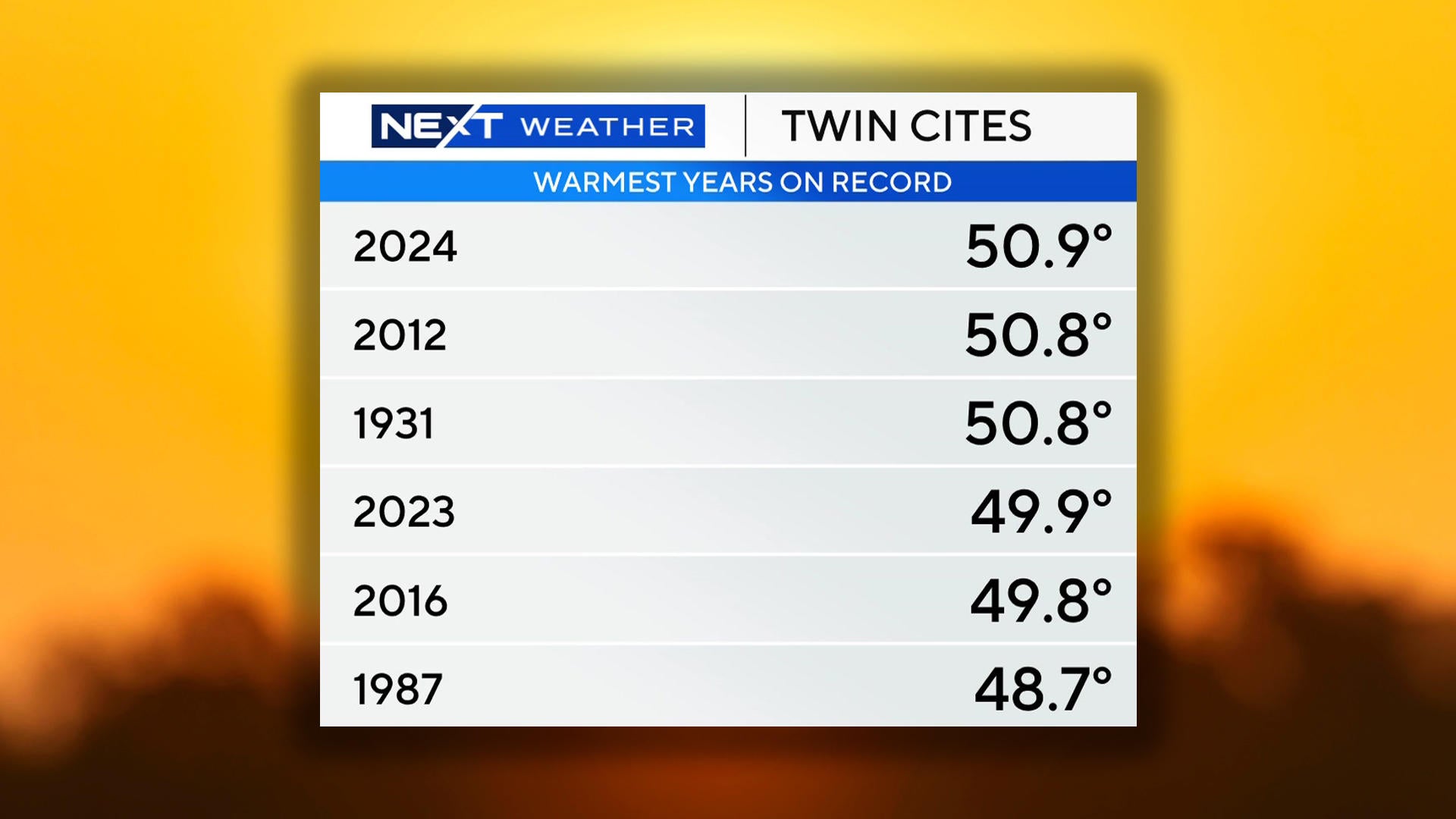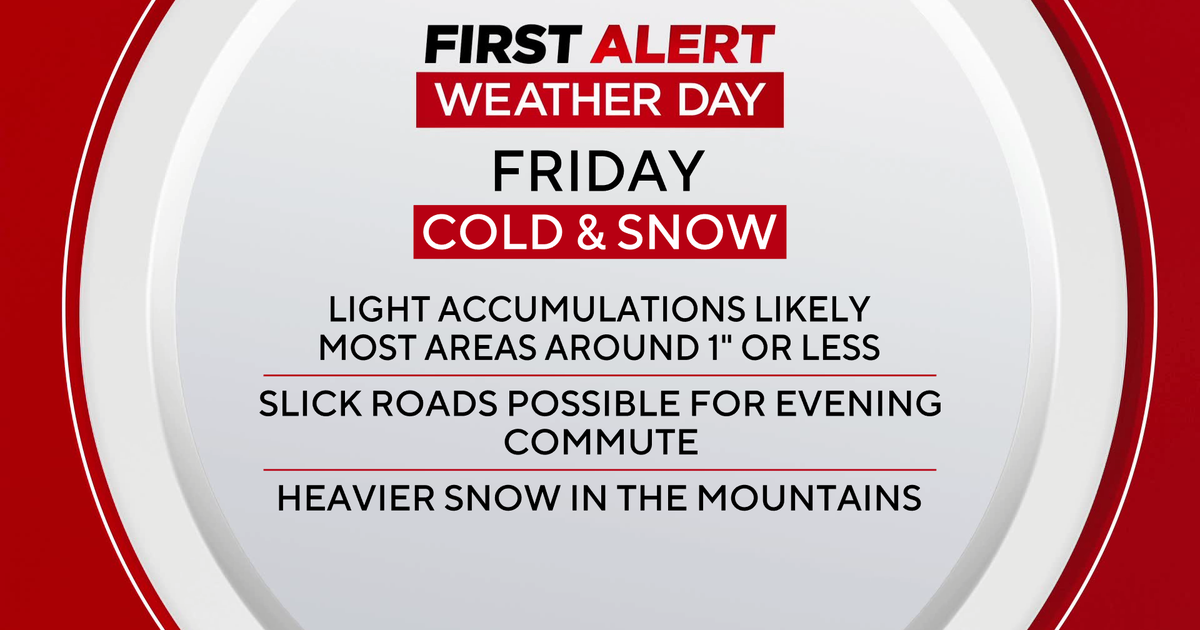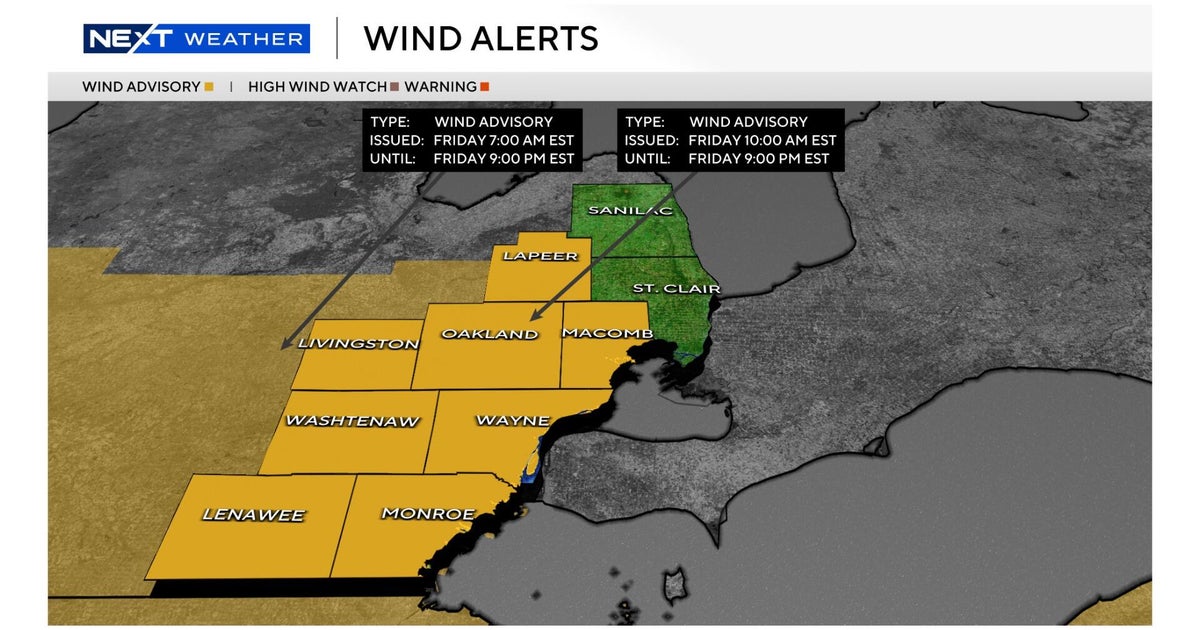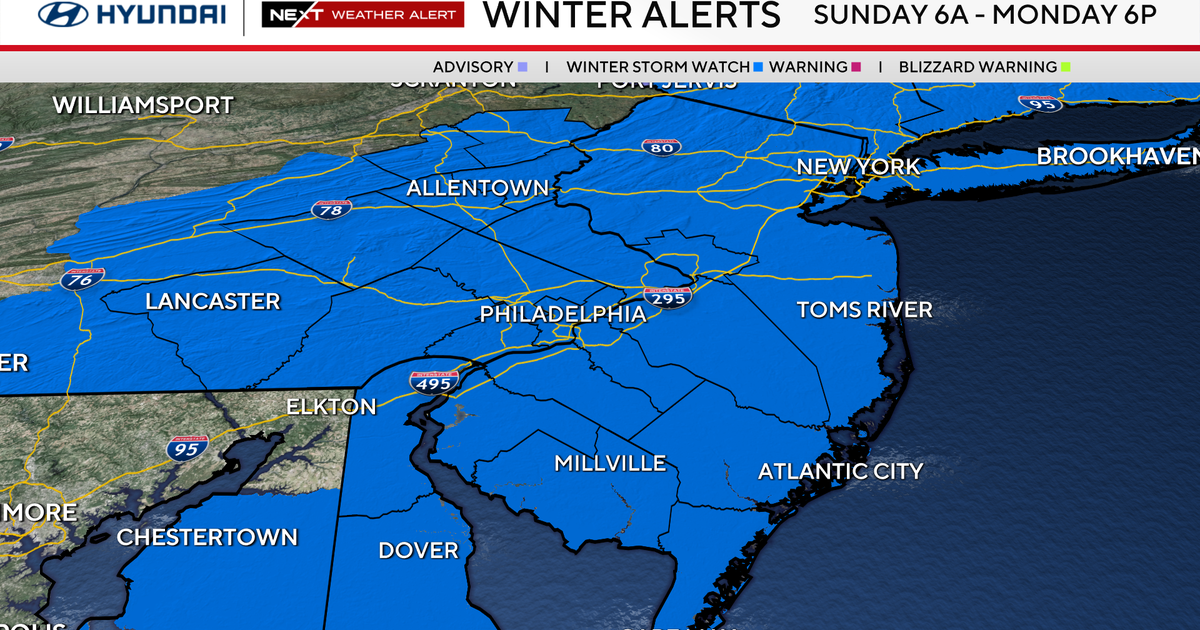2024 was the Twin Cities' hottest year on record
MINNEAPOLIS — 2024 was indeed the warmest year on record in the Twin Cities. Let's break down the numbers.
The temperatures
December's average temperature was 24.5 degrees, putting the year's annual average at 50.9 degrees. That breaks the record shared by 2012 and 1931, which each saw 50.8 degrees.
Last year's average was 49.9 degrees, which ranks third on the list of warmest years.
Nineteen days this December saw above-average temperatures, with 13 of those days seeing a double-digit deviation.
This year also saw warmth records set for fall and winter, and two months set their highest recorded average in the metro: February and September.
The precipitation situation
December ended with a cumulative 7 inches of snow, which is 4.4 inches below average.
Precipitation was barely above average, coming in at 1.27 inches, which is just 0.10 inches above average.
2024 also had the distinction of being the 13th wettest year on record in the metro.
Outside of the metro, St. Cloud also saw its warmest year on record with an average high of 48.3 degrees.
Take a look back at the top weather stories of 2024.
What's in store for January?
The average high in January is 23.6 degrees, while the average low is 8.8 degrees, and there's an average of 11 inches of snowfall.
The forecast is 50/50 for precipitation for January. When it comes to temperatures, it is looking to be slightly cooler than average.
A global trend
According to the National Oceanic and Atmospheric Administration, 2024 is "almost certain" to be Earth's warmest year on record. From January through November, every continent but Asia had its warmest year-to-date on record, NOAA said. Asia had its second warmest.
According to NOAA, the 10 warmest years on record have all occurred in the last decade.
Earlier this year, the United Nations warned that the world is falling "miles short" of emissions goals to curb climate change. U.N. climate chief Simon Stiell said continuing at current emissions rates would "guarantee a human and economic trainwreck for every country, without exception."











